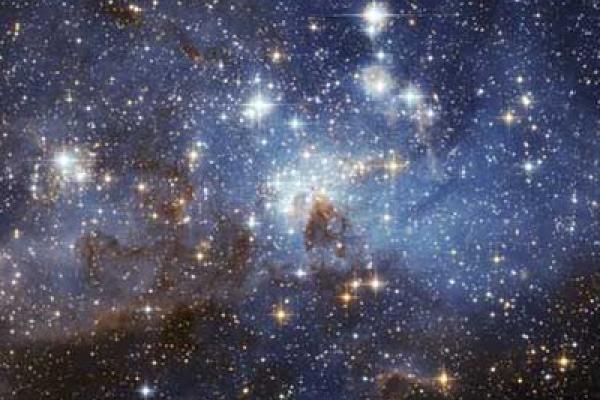
Galactic Archaeology in the Gaia Era
Keith A. Hawkins - The University of Texas at Austin
One of the key objectives of modern astrophysics is to understand the formation and evolution galaxies. In this regard, the Milky Way is a fantastic testing ground for our theories of galaxy formation. However, dissecting the assembly history of the Galaxy requires a detailed mapping of the structural, dynamical chemical, and age distributions of its stellar populations. Recently, we have entered an era of large spectroscopic and astrometric surveys, which has begun to pave the way for exciting advancements in this field. Combining data from many multi-object spectroscopic surveys, which are already underway, and the rich dataset from Gaia, will undoubtedly be the way forward in order to disentangle the full chemo-dynamical history of our Galaxy. In this talk, I will discuss my current work in Galactic archaeology and how large spectroscopic surveys have been used to dissect the structure of our Galaxy. I will also explore the future of Galactic archaeology through chemical cartography.
